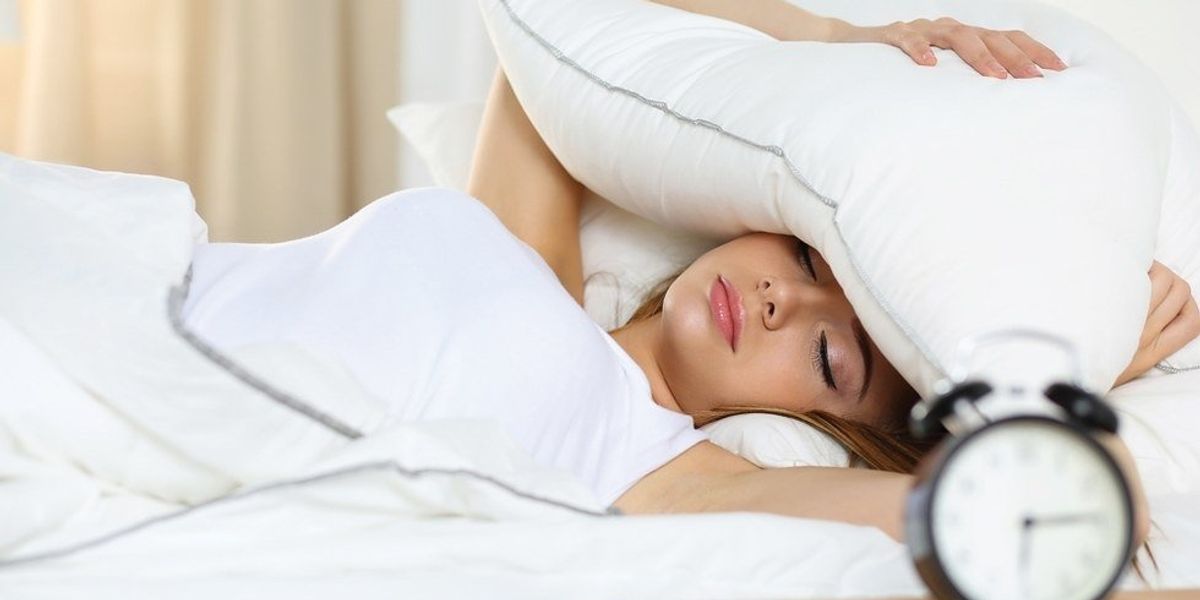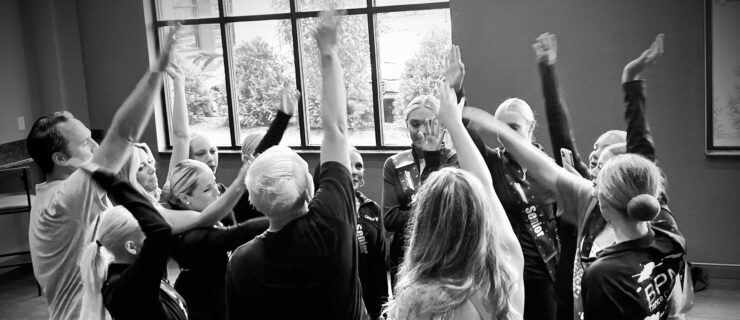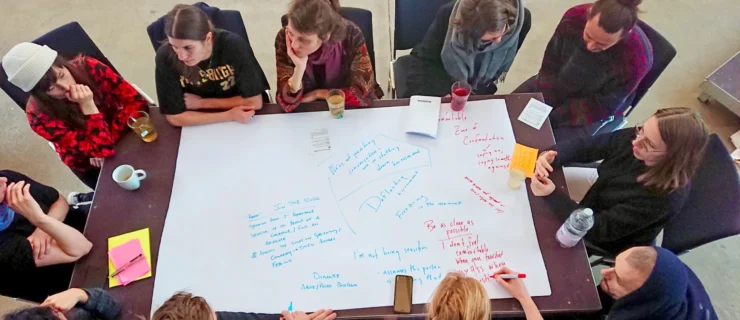Dream On: The Impact Sleep Can Have on Dancers
Dancers sometime skimp on rest when they juggle classes, rehearsals, and performances. But getting more sleep has made a difference for Ballet Memphis’ Stephanie Mei Hom. “I’ve discovered it’s essential to my mental and physical wellness,” says Hom. “As dancers, we push our bodies to their limits. But most healing happens while we’re asleep, so we need to give ourselves that time.”
Sleep affects every aspect of our well-being. Both quality and quantity count, according to Dr. Aparajitha Verma, a neurologist at the Sleep Disorders Program at the Methodist Neurological Institute in Houston. Most people need seven to eight hours, but that can vary. Napping can make up for some sleep loss, but your body needs a certain amount of sustained sleep to reach the deep cycles when the most benefit occurs.
While scientists have yet to discover exactly how sleep accomplishes its results, several new studies underscore sleep’s impact on key areas for dancers.
Better Than a Memory Pill
Most of us feel foggy after a sleepless night. But a recent study in the journal Nature Neuroscience showed that diminished deep-sleep cycles also erode the ability to recall recent experiences. The consolidation of memory happens during sleep, says Verma. Too little means you will not be able to pull up material from the previous day, like new choreography, as effectively. Make sure that you go to bed early enough to reach the deep sleep levels that let you process the day’s experiences.
Avoid Weight Worries
During sleep we secrete the hormones leptin and ghrelin, which help regulate hunger. Leptin sends signals to our brain that we are satisfied, while ghrelin tells us to eat more. Diminished sleep throws off the production of hormones. “When these two hormones are out of balance it’s very difficult to lose weight,” says Verma. “We also find that people who do not sleep well make poor dietary choices, often consuming more foods high in fat, sugar, and carbohydrates.” And the less sleep you have, the worse it gets. Four nights of poor sleep, researchers have found, can cause changes in fat cells that are linked to obesity and diabetes.
Aid Healing
Sleep also has a direct impact on the immune system’s effectiveness. “We build our immune system and fight infections during sleep,” Verma says. Good-quality sleep helps with reducing inflammation and swelling. A study conducted at Emory University School of Medicine found that sleep deprivation leads to an increased production of inflammatory hormones. This is bad news for any dancer dealing with injuries, whether ones as simple as a little swelling or as drastic as surgery. When recovering, try to add an hour or so a night to your sleep, to give your body a chance to enter deep sleep sooner, and help boost healing.
Barre Workout
Imagine combining ballet and Pilates and you get something like the barre-based workout, Vbarre, developed by ballet dancer Veronica Combs, who teaches at Classic Pilates in Dallas, TX. Vbarre includes dynamic exercises targeted for the glutes, core, and upper body along with cardio blasts to tone and sculpt. For dancers looking for a dancer-friendly cross-training class, it’s an ideal way to supplement your strength and aerobic training. Light weights, soft balls, and exercise tubes are used in innovative ways, making the class challenging and fun.
Olive Oil Smarts
We know that the Mediterranean diet, which is high in good fats like olive oil, whole grains, nuts, fruits and vegetables, legumes, and fish, has been shown to improve health. Now new research in the Journal of Neurology, Neurosurgery and Psychiatry reveals that olive oil has cognitive benefits as well. People who consumed olive oil had improved learning ability. So drizzle a little on your salad or use it when you grill. Your brain will thank you.
Brown Rice Benefits
Make your brown rice even healthier by soaking it in water for several hours before cooking it, allowing it to germinate. This releases more of the amino acid gamma-aminobutyric, along with other key nutrients. Recent research showed that a steady intake of “sprouted” rice improved blood pressure and reduced sleeplessness. If you don’t have time to soak your rice, a rice cooker can speed up the process.




